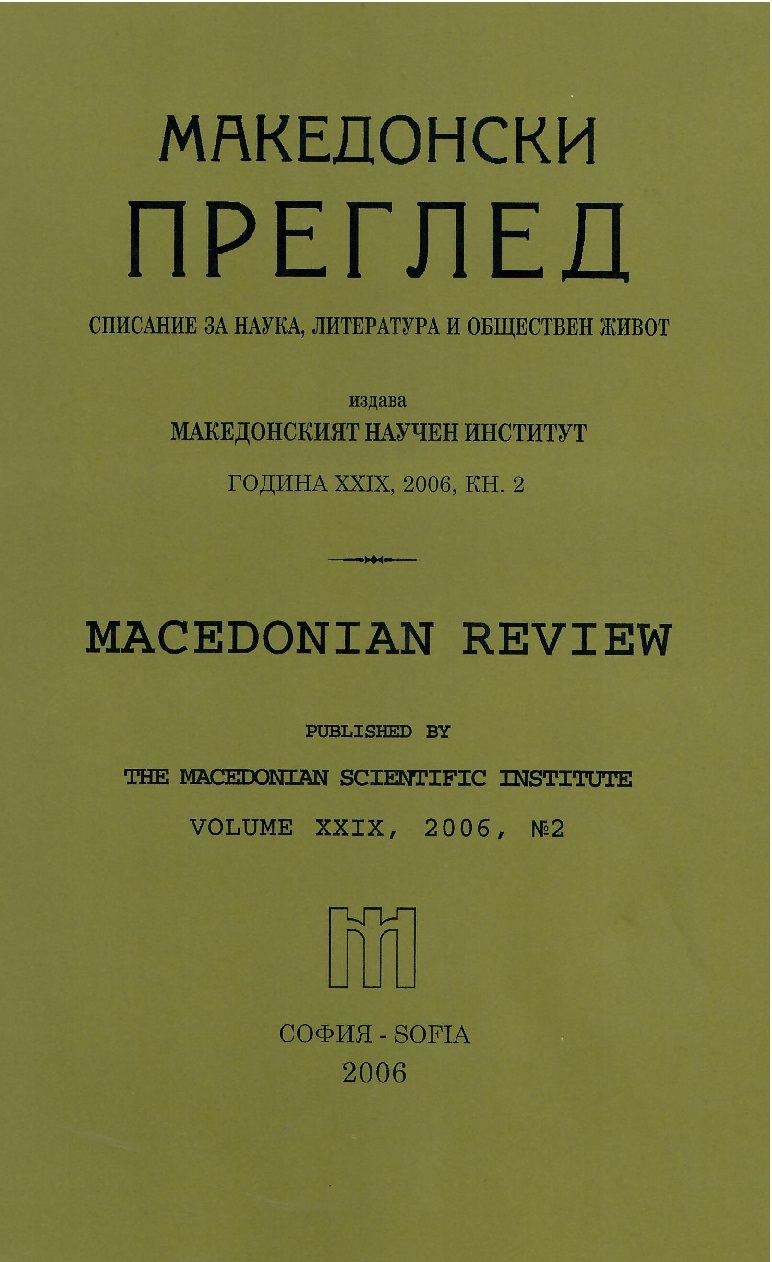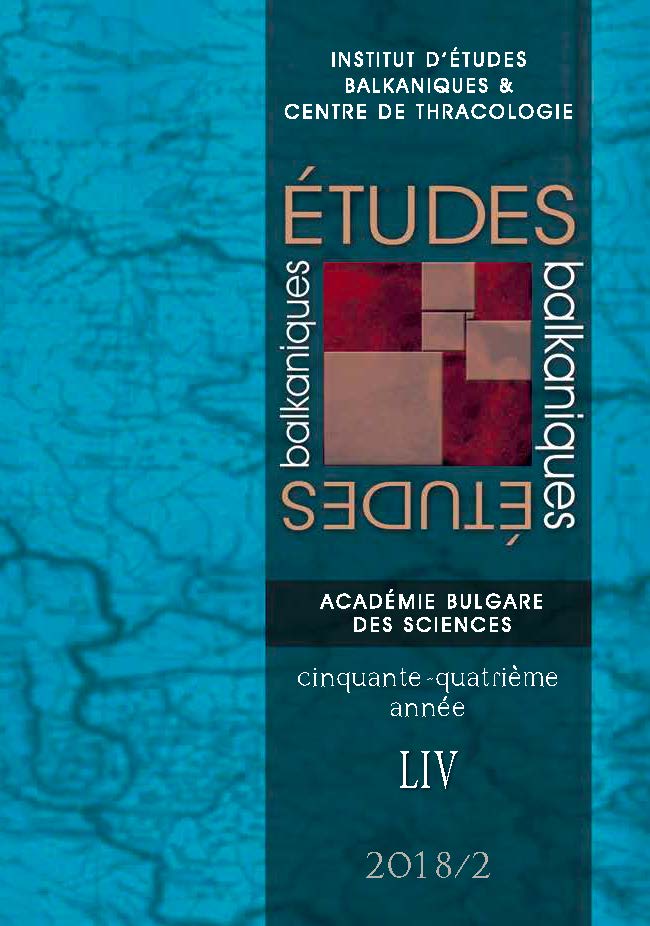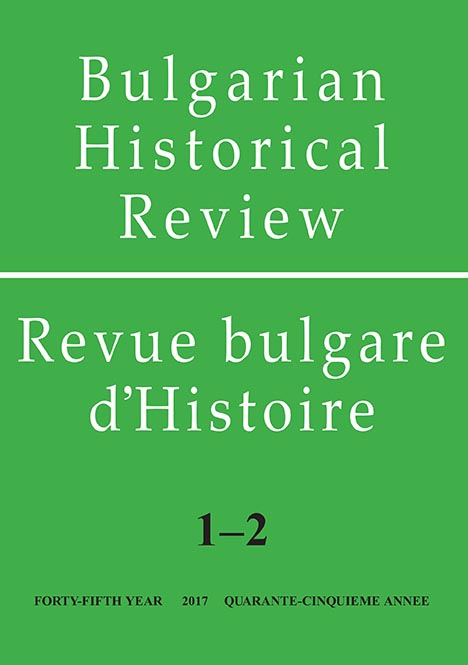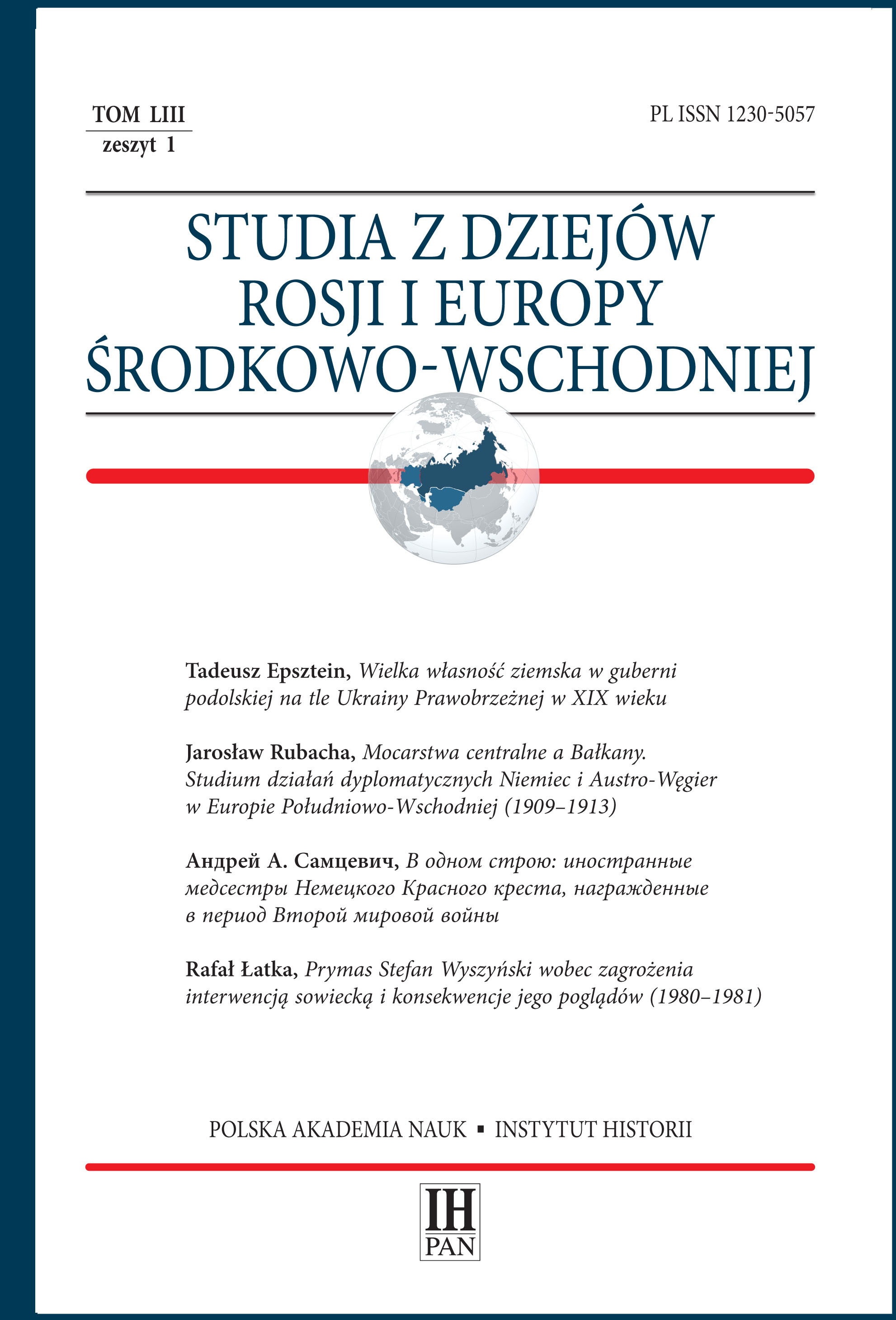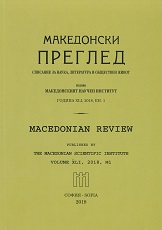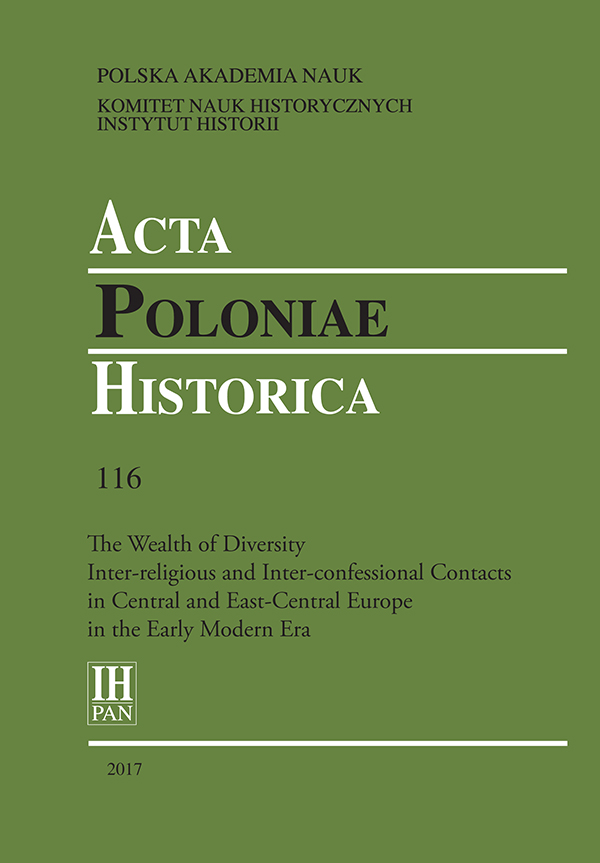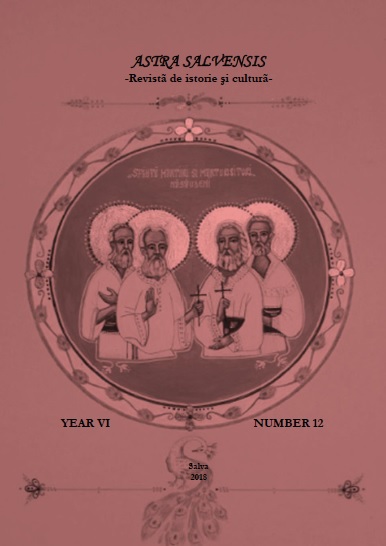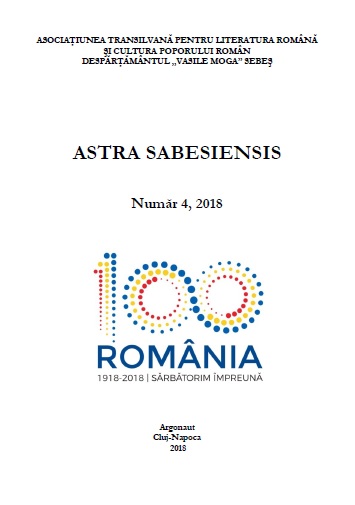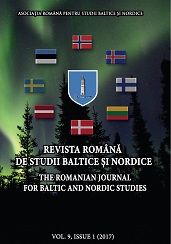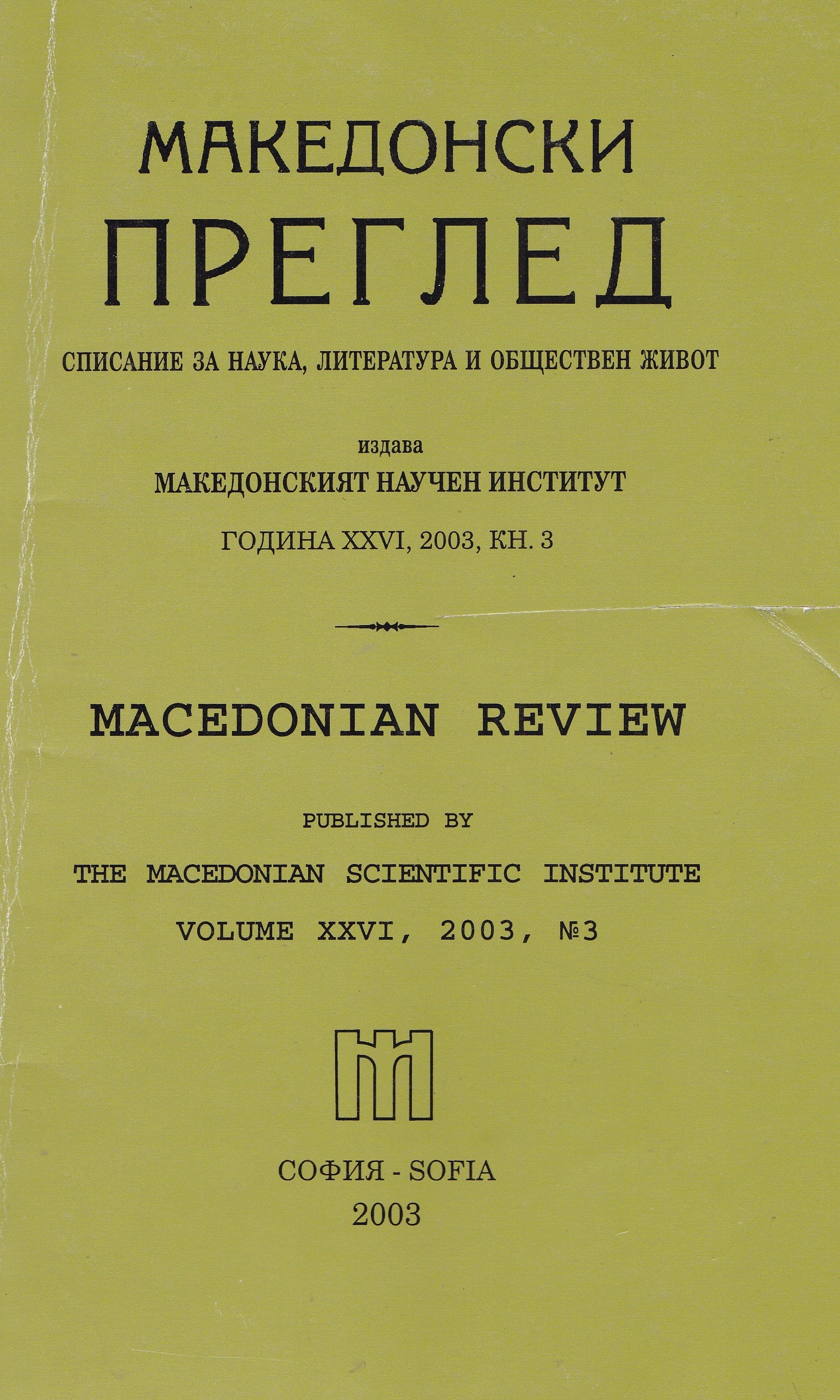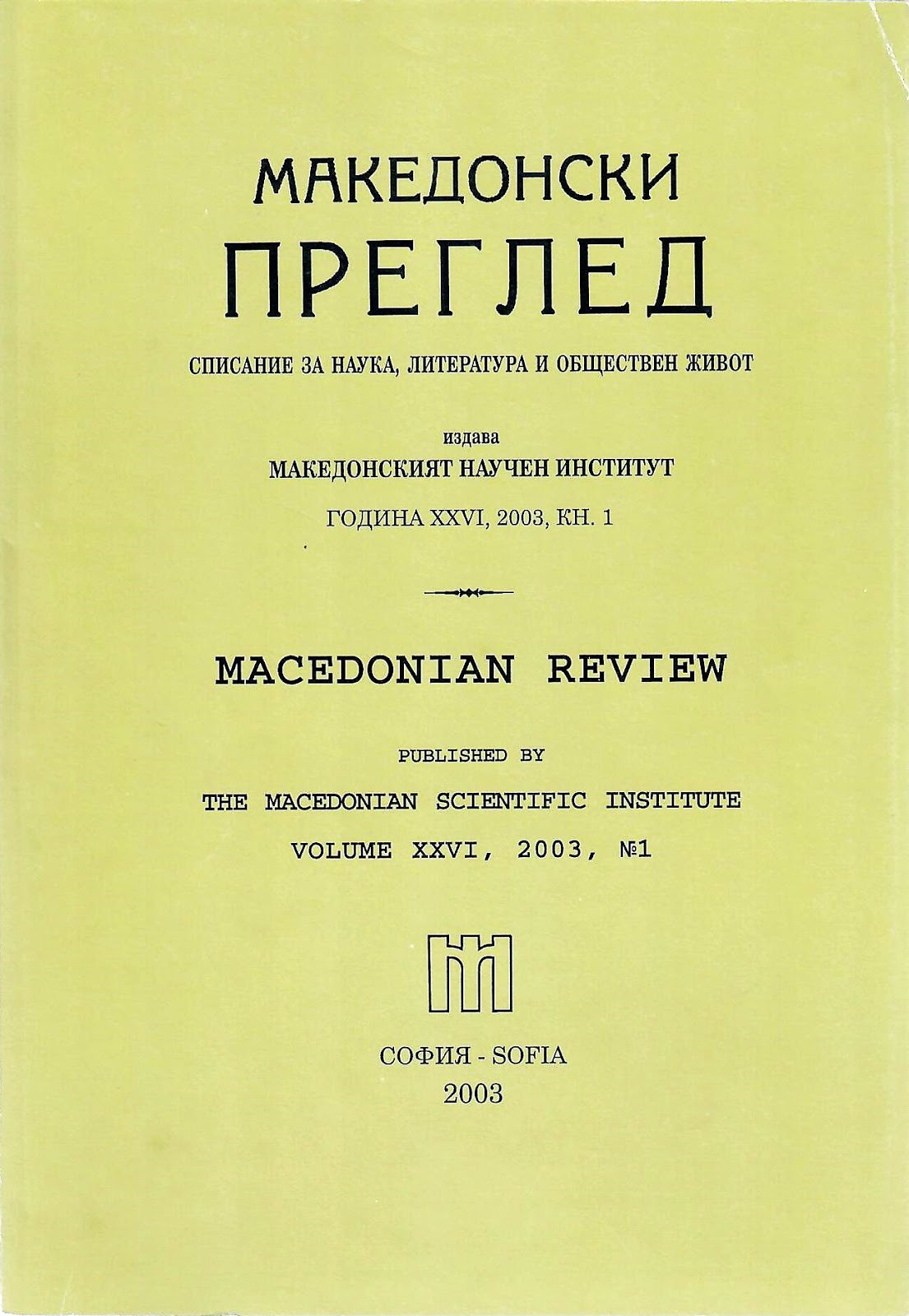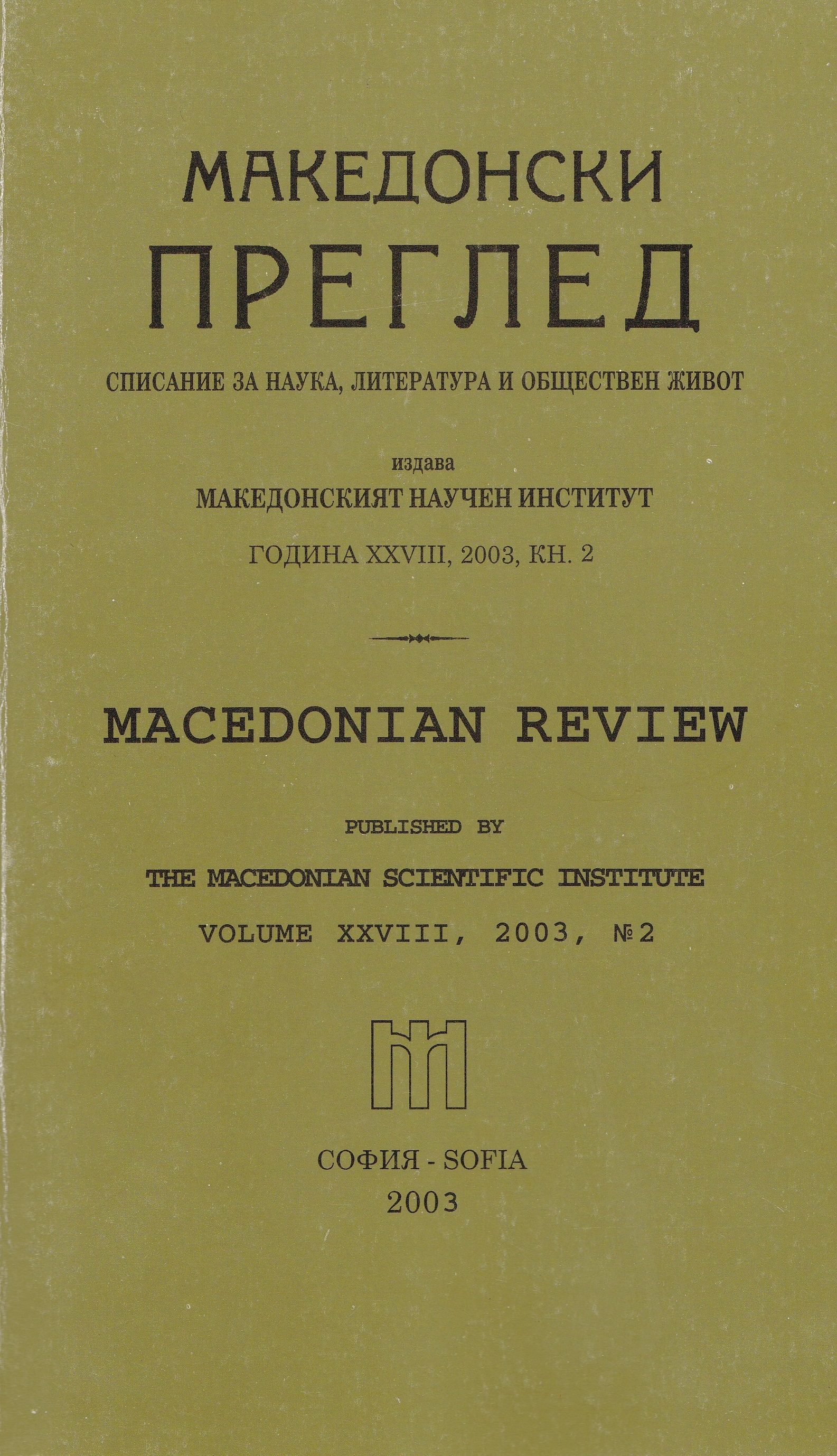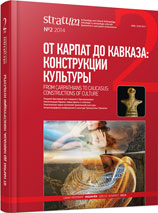
О чем поведали череп тура, топор и женские статуэтки? (К проблеме начальной неолитизации Нижнего Подонья)
Basing on some new and reconsideration of older materials, arguments for the migratory nature of the neolithisation impulses in Lower Don region are presented in this paper. Zagros region is considered to be the “homeland” of the elements of Neolithic package. In the PPNB period, across the Caucasian shore of the Black and Azov seas, possibly, also by sea, there were connections established between Zagros and Lower Don regions. The penetration of the new reproducing economy, possibly, together with its bearers, took part between 8500—7000 BC. As early as in the Pre-Pottery Neolithic, here emerges a relative sedentism, together with stone and clay architecture, anthropomorphic and zoomorphic figurative art. The pottery first appears at the beginning of the 7th millennium BC. Of particular importance was the spread of new ways of stone tools production. Together with ceramics, we suppose the provenience of domesticated animals (cattle, swine, sheep/goat) from the territory of Zagros and adjacent regions of Iran. The existence of close contacts between the population of Neolithic sites in Lower Don region and some areas from the Fertile Crescent are confirmed by analogies for such inventory, as clay balls, adzes/axes of soft stone, specific “polishers”, medallions, bone pendants with snake ornamentation, stone vessels and geometrical microlites.
More...
